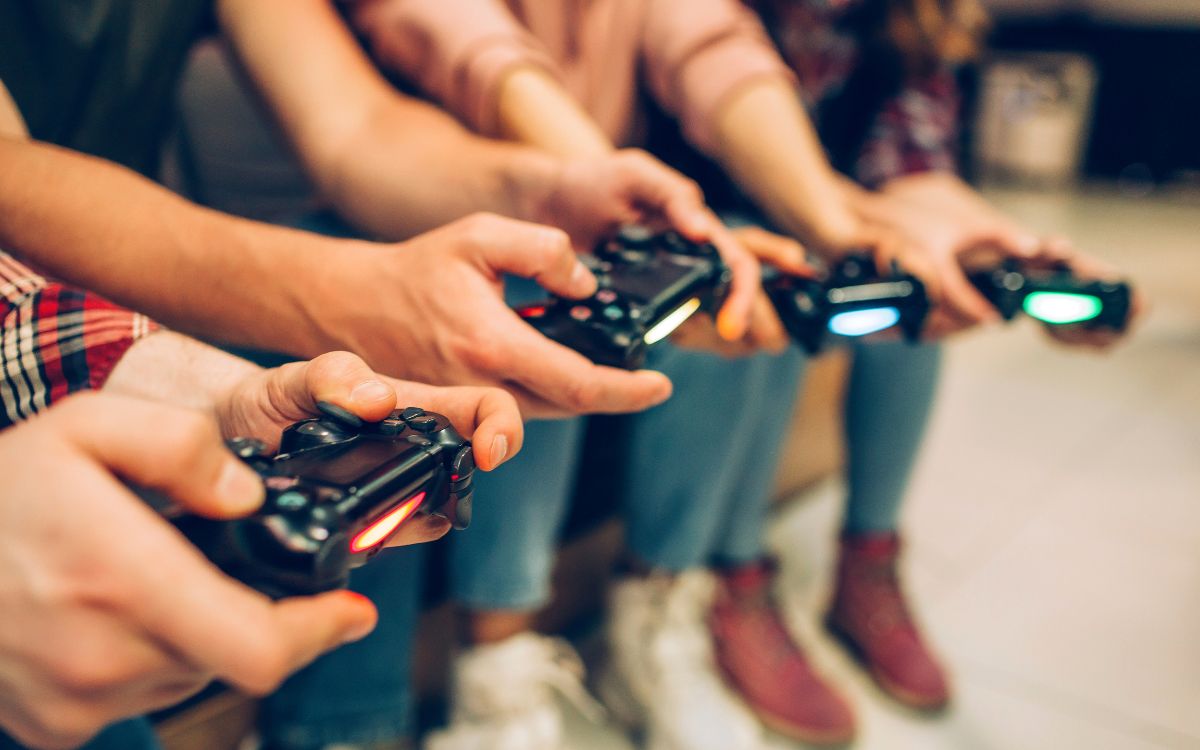Introduction
Gone are the days when gaming was dismissed as a waste of time or a teenage distraction. Today, gaming is a powerful cultural force, a mental escape, a bonding tool, and even a career path. Whether you’re playing cozy indie games to unwind, diving into competitive e-sports, or building virtual lives in metaverses, gaming has become a lifestyle—not just a hobby.
Let’s explore how gaming is impacting our mental health, relationships, and the way we express ourselves.
Gaming and Mental Wellness
In a world that feels increasingly chaotic, games offer control, structure, and escape. But they also do something deeper: they help us regulate emotions, relieve stress, and reconnect with joy.
Popular genres like cozy games (e.g., Stardew Valley, Animal Crossing) offer players a safe space to relax, create, and decompress. Action and puzzle games provide a flow state that can sharpen focus and reduce anxiety. Multiplayer games foster teamwork and social interaction, even in isolation.
🧠 Studies now show that moderate gaming can:
- Improve problem-solving skills
- Reduce symptoms of depression
- Provide emotional catharsis
- Build resilience and perseverance
Gaming isn’t avoiding reality—it’s often recharging for it.
The Social Side of Play
Gaming used to be a solo experience. Now? It’s a global social network.
- Friendships are born in team chats
- Couples are meeting through MMORPGs
- Virtual worlds are hosting everything from weddings to therapy sessions
Whether you’re laughing through co-op levels or rage-quitting with your bestie on Discord, gaming is no longer anti-social. It’s a new language of connection.
Games as Identity and Self-Expression
From customizing avatars to choosing your alignment in role-playing games, gaming lets us try on new selves—free from judgment.
Players are:
- Exploring gender and identity through character design
- Creating stories in sandbox games that reflect real-life dreams
- Using platforms like The Sims or Second Life as forms of digital self-expression
Gaming is creative, narrative, and deeply personal. Sometimes, your avatar says more about you than your Instagram profile.
The Rise of Gamified Living
Gamification isn’t just in games anymore—it’s in our apps, fitness routines, learning platforms, and even dating.
Apps now use points, badges, and challenges to keep us motivated:
- Fitness apps turn workouts into quests
- Dating apps reward consistency
- Finance apps use daily streaks to build budgeting habits
Why? Because games make us care, and the mechanics of gaming can turn boring tasks into satisfying rituals.
Gaming Trends to Watch
Looking forward, gaming is only getting more immersive and inclusive:
- AI-driven storylines that respond to your choices in real time
- VR intimacy games that enhance long-distance connection
- Ethical game development focused on accessibility and mental wellness
- Adult games and erotic visual novels gaining mainstream respect
Gaming isn’t just for kids or techies anymore—it’s for everyone with a story to tell or a world to explore.
Conclusion
Gaming is no longer about pressing buttons—it’s about unlocking parts of yourself. It’s connection. It’s healing. It’s discovery.
So whether you’re grinding levels, building dream islands, or just playing to feel something—know this: in a world full of noise, gaming gives you back your agency, one choice at a time.
Now press start.

